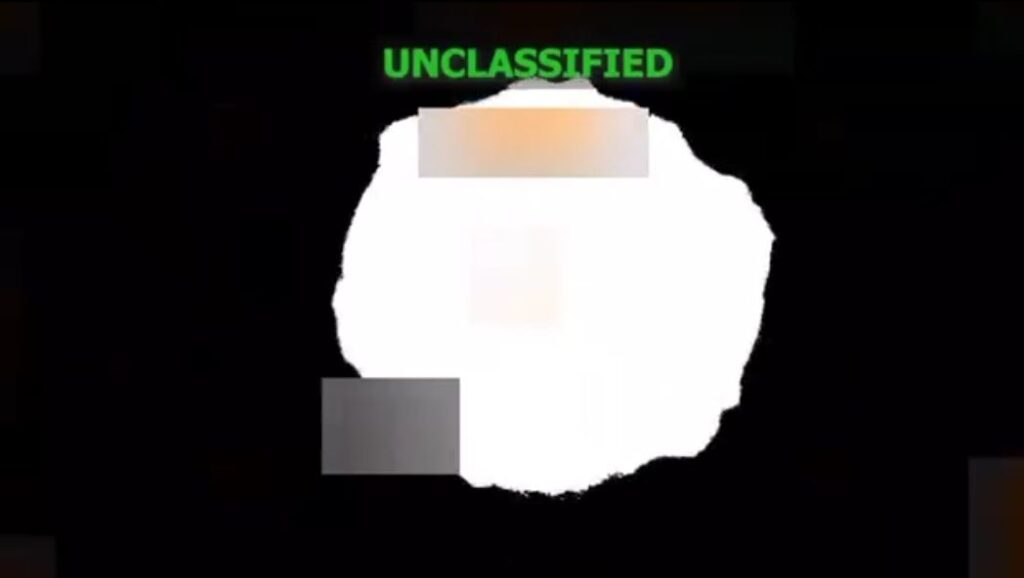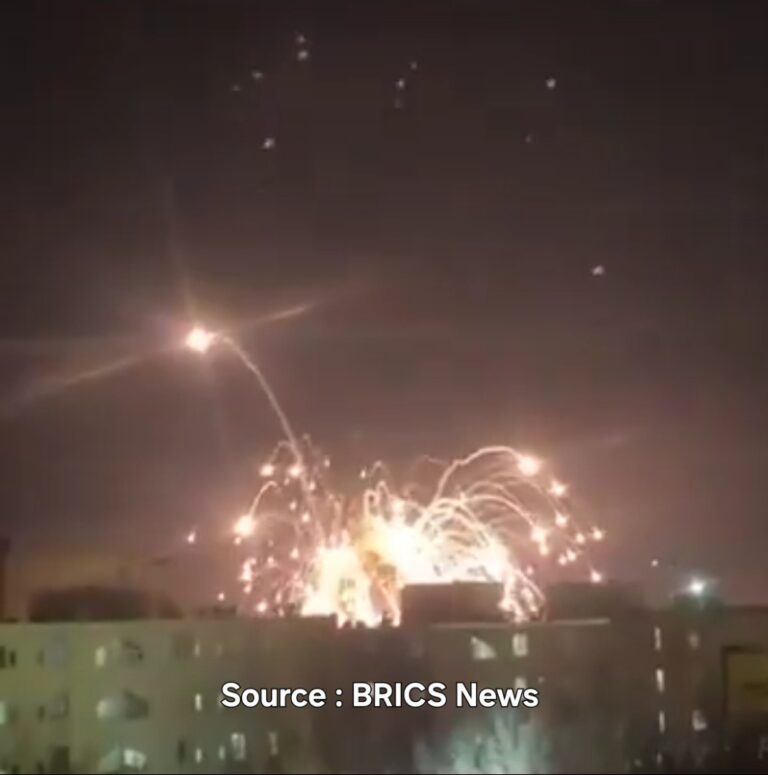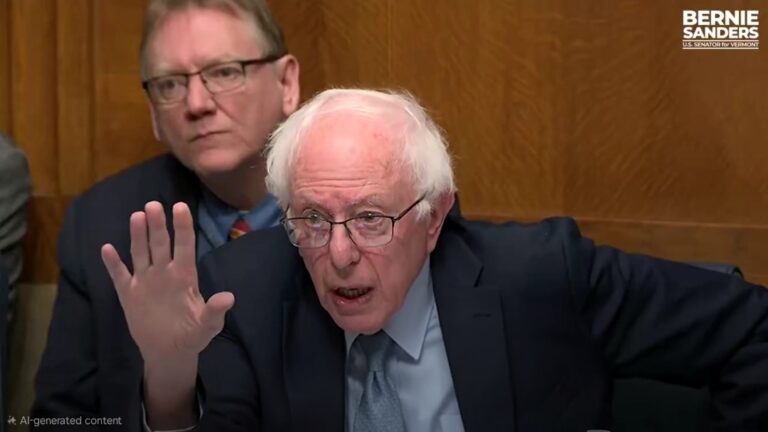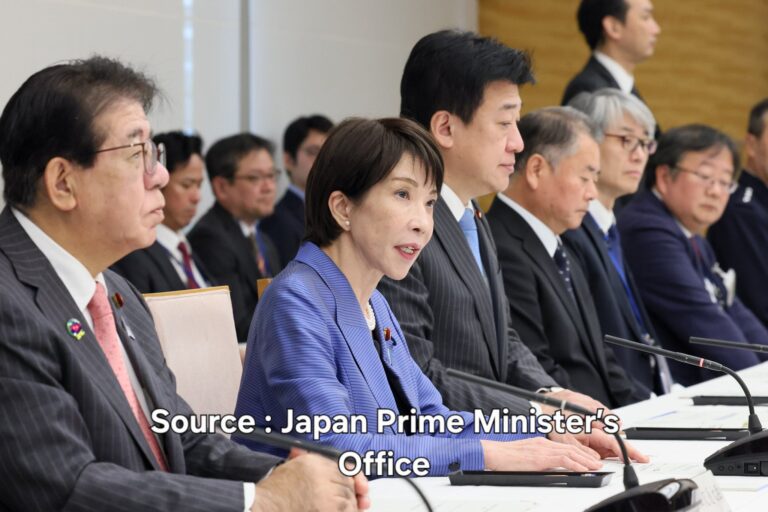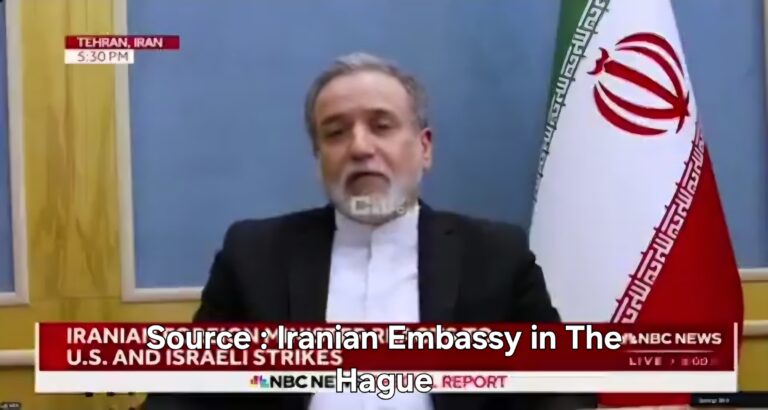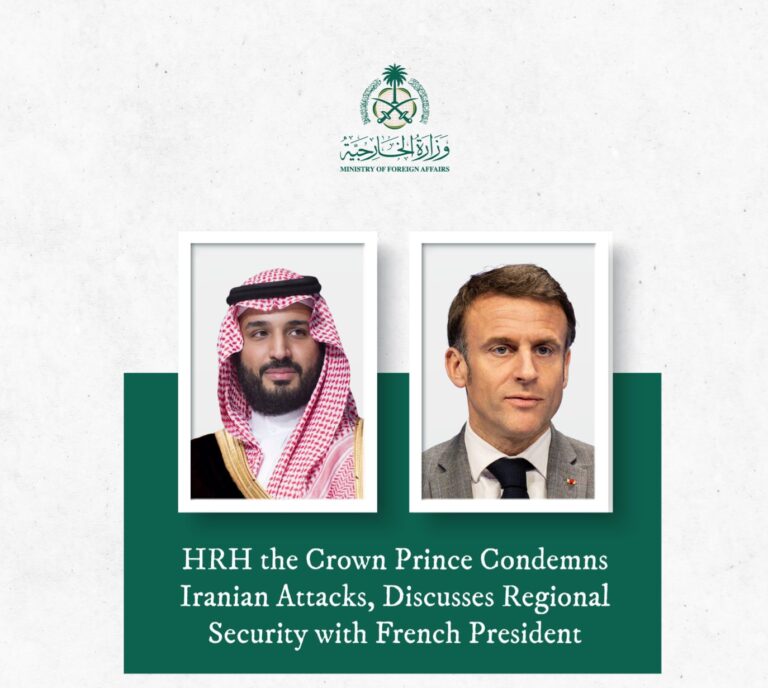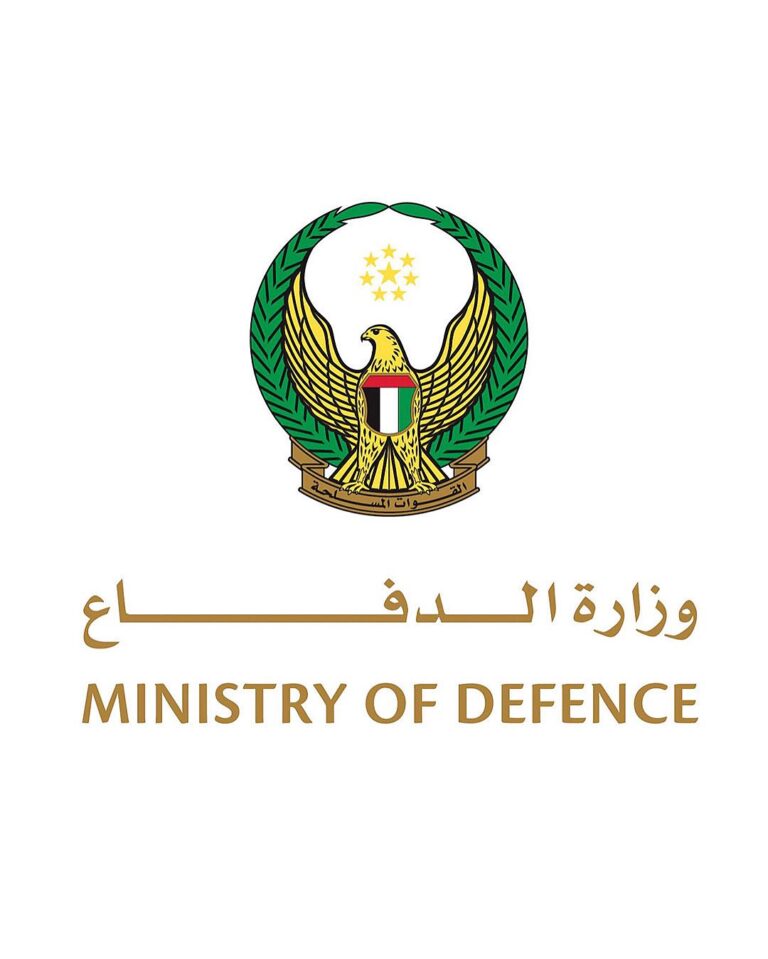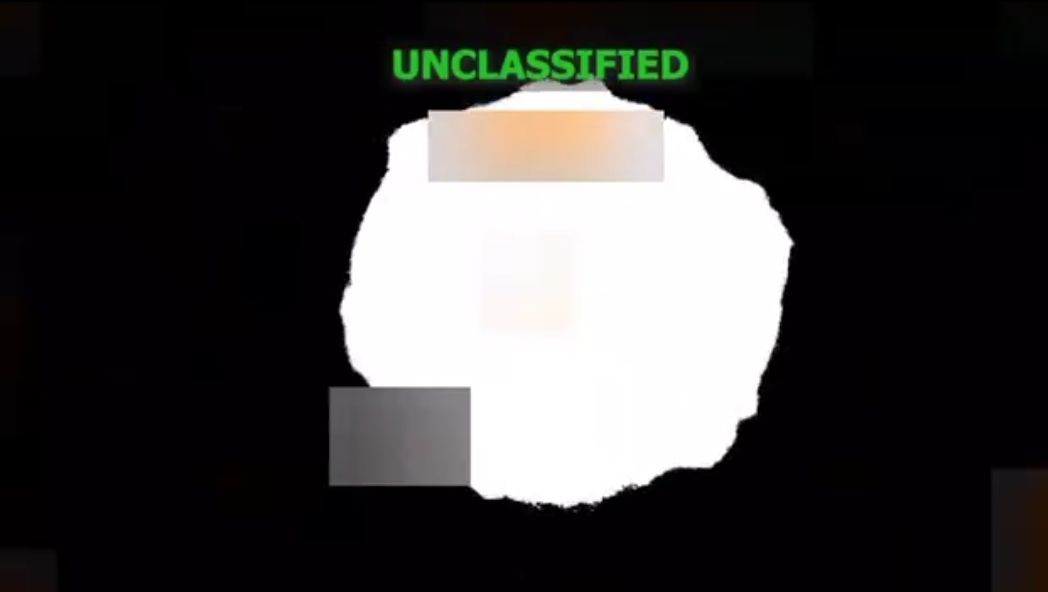
WASHINGTON, D.C. Nov 1, 2025 – In a bold escalation of the U.S. government’s campaign against drug cartels, the Department of War announced on Sunday that it had executed a precision kinetic strike on a suspected narco-trafficking vessel operating in international waters of the Caribbean Sea. The operation, personally directed by President Donald Trump, resulted in the deaths of three individuals identified as members of a Designated Terrorist Organization (DTO) involved in narcotics smuggling.
Secretary of War Pete Hegseth, in a statement posted to his official X account (@SecWar), described the target as a vessel “known by our intelligence to be involved in illicit narcotics smuggling” and transiting a well-documented narco-trafficking route. The strike, carried out earlier today, neutralized the threat without any harm to U.S. personnel.
“These narco-terrorists are bringing drugs to our shores to poison Americans at home—and they will not succeed,” Hegseth wrote. “The Department will treat them EXACTLY how we treated Al-Qaeda. We will continue to track them, map them, hunt them, and kill them.”
The announcement marks another chapter in the Trump administration’s aggressive posture toward transnational criminal networks, which it has reclassified as terrorist entities equivalent to groups like Al-Qaeda and ISIS. This doctrinal shift, first outlined during Trump’s 2024 campaign, emphasizes military responses over traditional law enforcement tactics in combating the flow of fentanyl and other opioids into the United States.
Details of the operation remain limited, but intelligence sources cited in the statement confirm the vessel was laden with narcotics at the time of the strike. The three male occupants—all described as “narco-terrorists”—were killed instantly. No civilian casualties were reported, and the incident occurred far from any populated areas or allied shipping lanes.
This is at least the second such strike in recent weeks, following a similar action last month against a DTO-linked speedboat off the coast of Colombia. Administration officials have credited these operations with disrupting cartel supply lines and sending a clear message to foreign adversaries exploiting the drug trade.
Reactions on social media were swift and polarized. Supporters hailed the move as a decisive blow against the opioid crisis, with one user posting, “This isn’t cowboy diplomacy—it’s a long-overdue shift in doctrine: treating cartels as the asymmetric terror networks they are.” Others expressed enthusiasm for broader applications, including calls to target figures in Venezuela’s government amid allegations of state-sponsored trafficking.
Critics, however, raised concerns about the escalation’s potential to inflame regional tensions. International law experts noted that while the strike took place in international waters, it could strain relations with Latin American partners wary of U.S. unilateralism.
The White House has yet to issue a formal comment, but sources close to the administration indicate more operations are in the pipeline as part of a comprehensive “War on Narco-Terror.” For now, the Department of War’s message is unequivocal: the hunt continues.
